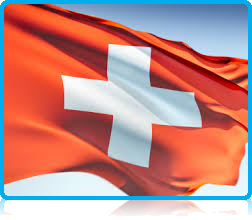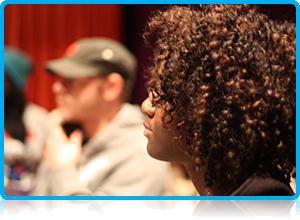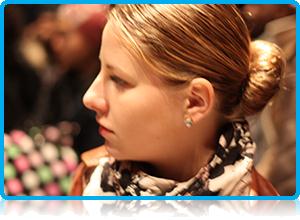Wittenborg Online News!
the Swiss Vote! Study in Holland!
 the Swiss Vote! Study in Holland!
the Swiss Vote! Study in Holland!
The European Students’ Union (ESU) have warned Switzerland is on a “slippery slope” of isolating its students and academics from the outside world. The Netherlands rejoice as one of the most popular mainland European destinations for students as the Swiss shockingly vote against immigration. Whilst a few extremist Dutch politicians such as the right-wing Wilders call for a similar poll, the Dutch seem to have a better sense of “the bigger picture”. This scenario follows after more than half of Swiss voters this month backed a referendum proposal to bring back strict quotas for immigration from European Union countries.
In the meantime, the EU has also announced it will put on hold negotiations with Switzerland over two major higher education and research programmes - the Erasmus+ and Horizon 2020. The two programmes would have meant a considerable amount of additional funding for Swiss higher education and research.
The EU decision follows Switzerland’s announcement last weekend that it was suspending negotiations with Croatia on free access to the Swiss labour market came as a direct consequence of the referendum a week earlier
Final referendum results earlier this month showed 50,3% voted in favor of the proposal to bring back immigration quotas. A “Yes” vote of 50% was needed for the referendum to pass. Switzerland’s parliament now has three years to turn the referendum result into law.

Wittenborg Director Peter Birdsall, himself a Swiss national, commented “I am deeply saddened that us Swiss have made such a stupid mistake. The isolation in Europe and the rest of the world caused by the publicity and the fallout of our rejection of the freedom of movement within Europe and the perception of our seemingly anti-immigration standing has done no good for Switzerland and no good for Europe.” He goes on to add, “ in the Netherlands we can hope to reap the benefits of the disappearance of a large education industry competitor (when it comes to recruitment of international students), although I wish our fellow institutes there all the best”.
The ESU fears the vote may have serious consequences for the Swiss education system. “This decision goes against the very foundation of the European Higher Education Area and could therefore have immense adverse effects for Switzerland,” the vice-chairperson of the ESU, Elisabeth Gehrke, said in a statement.
“It is in the best interest of Switzerland to stay committed to the agreements of the European Higher Education Area. However, Switzerland is on a slippery slope of isolating its students and academics from the outside world. This could have devastating effects that would be difficult to reverse.
University World News reported this week that nearly a quarter of Switzerland’s residents are foreigners. Two thirds of its professors are from abroad. Germans account for around 300,000 of the foreign population. In Zurich alone, 35% of professors are German.
 Dr Antonio Loprieno, president of the Swiss Rectors’ Conference, stressed how important German and other foreign academics are to Swiss science. “If we had to make do without this pool, and for that matter without any pool of people from other countries, this would be a great tragedy. It would mean our plunging into mediocrity.”
Dr Antonio Loprieno, president of the Swiss Rectors’ Conference, stressed how important German and other foreign academics are to Swiss science. “If we had to make do without this pool, and for that matter without any pool of people from other countries, this would be a great tragedy. It would mean our plunging into mediocrity.”
According to media reports the outcome shows up traditional divisions in Switzerland with its French-speaking quarters against the quotas, German-speakers divided and Italians firmly in favor of the quota-system.
This outcome invalidates the Swiss-EU agreement on freedom of movement. In a strongly worded statement he EU has also said it regretted the outcome and will investigate the implications.
The vote comes amid increasing debate across Europe about migration and the impact of free movement of people.
Switzerland's economy is booming at the moment, and unemployment is low, but many Swiss worry about immigration.
A quarter of the eight million-strong population is foreign, and last year 80,000 new immigrants arrived.
WUP 24/2/2014
by Anesca Smith
©Wittenborg University Press
656 words